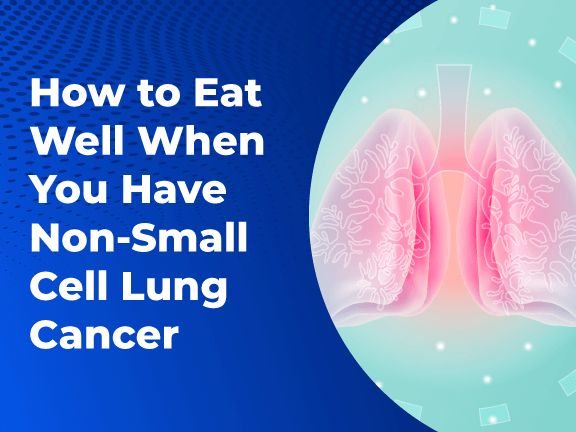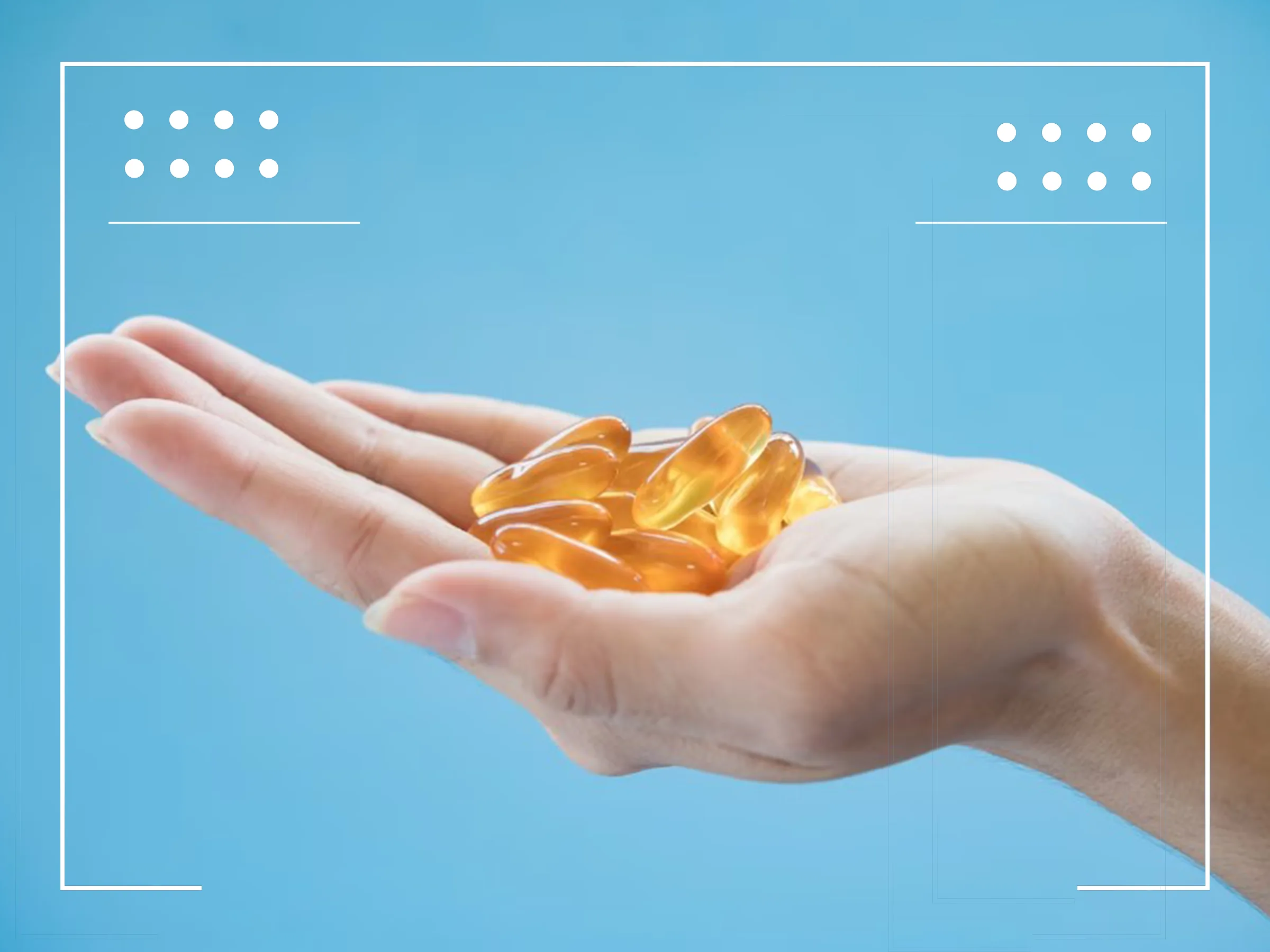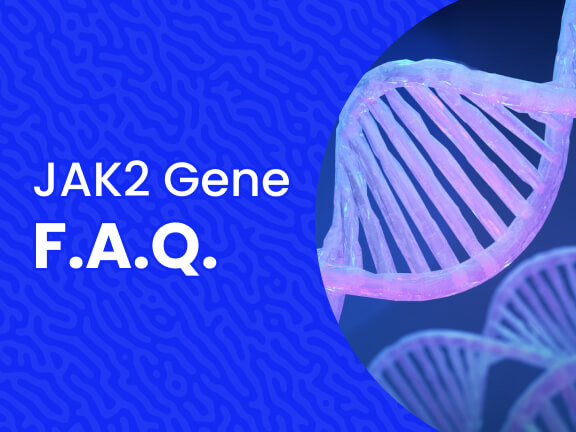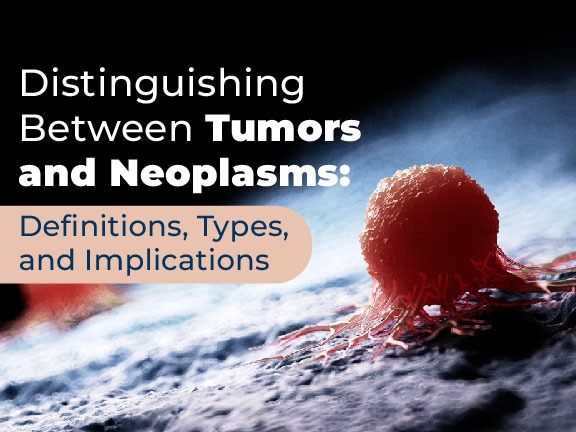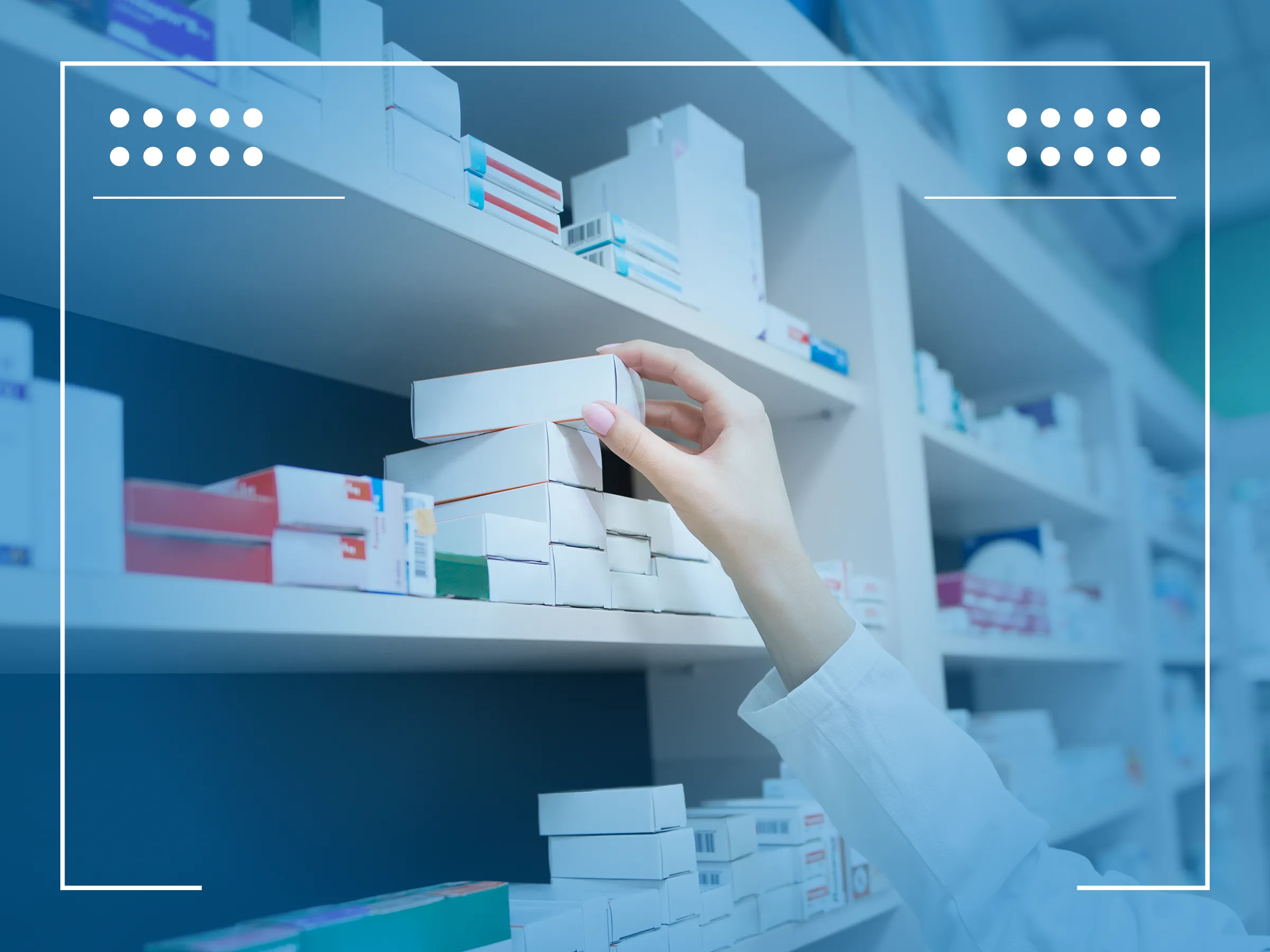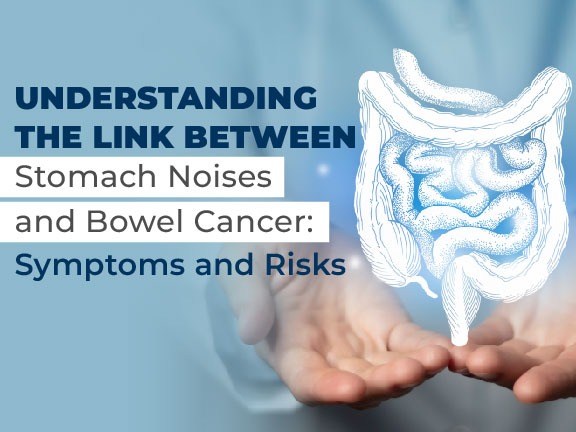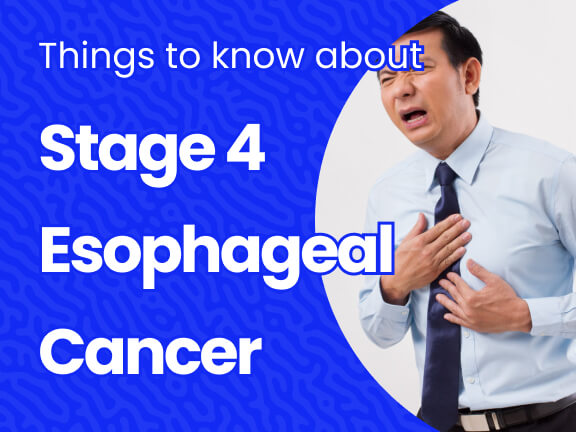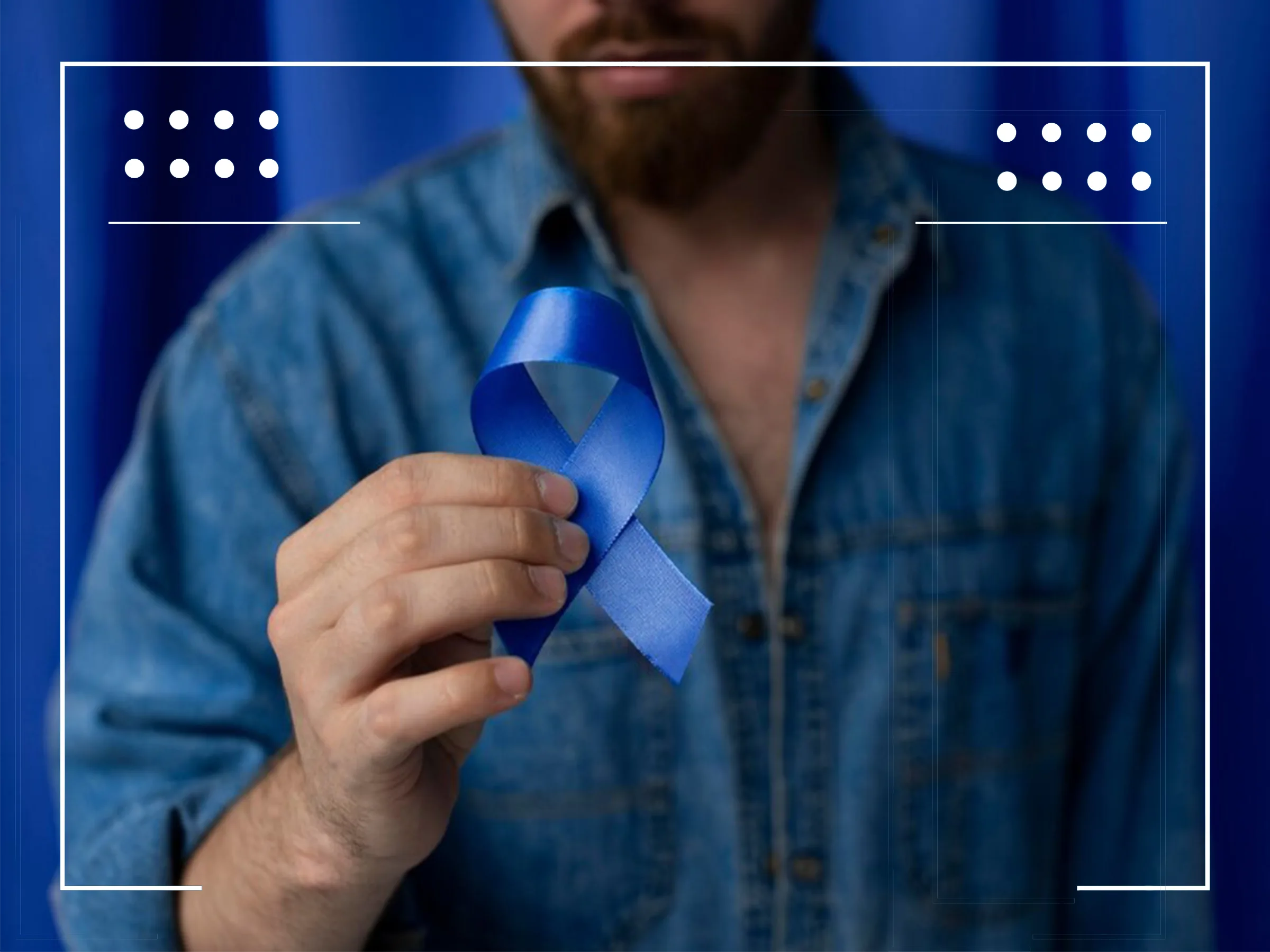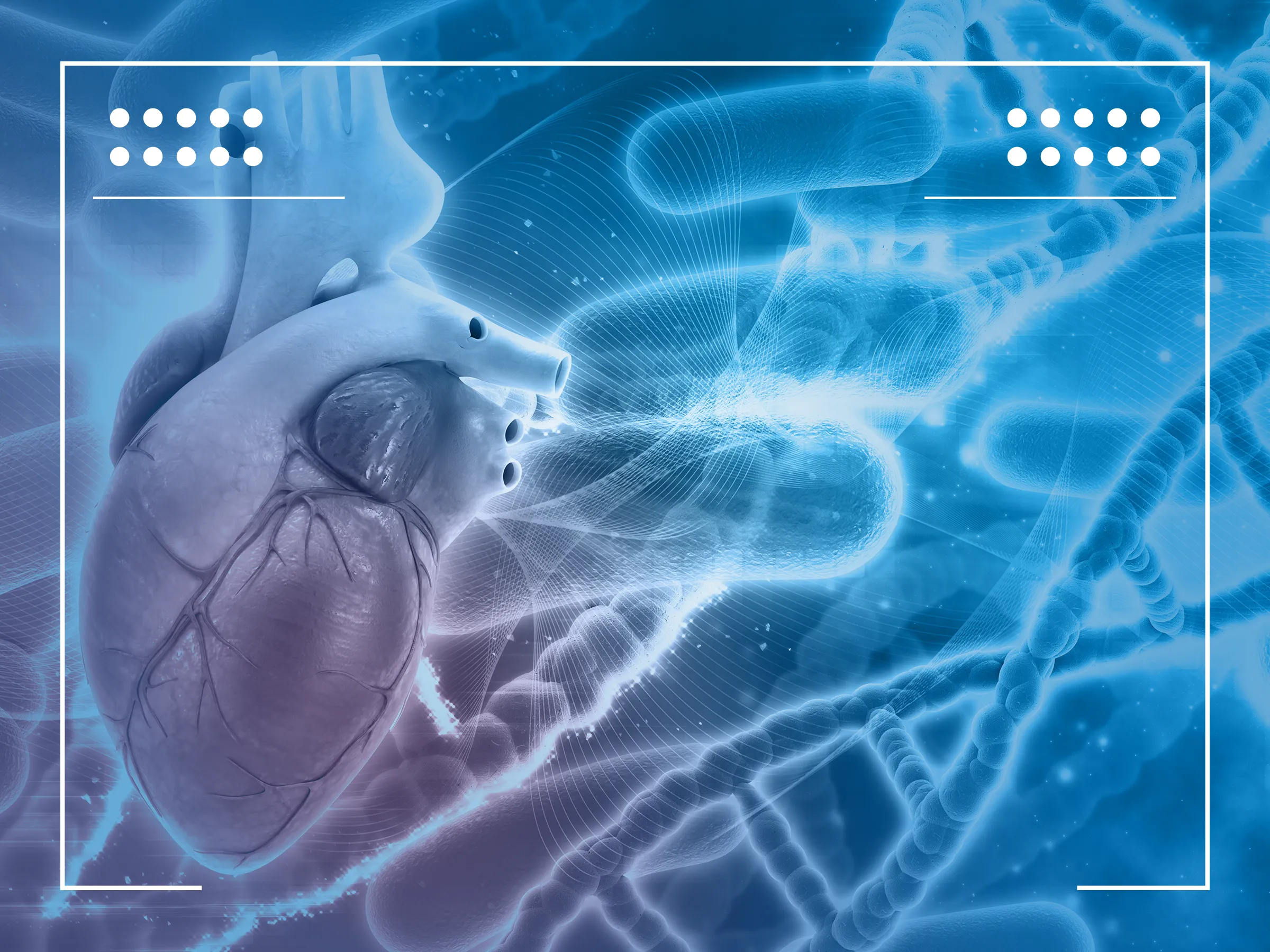How to Eat Well When You Have Non-Small Cell Lung Cancer

There is not a golden recipe that cures or treats lung cancer, but there are plenty of tips and different ways to help support your body during treatment for strength and energy to stop weight loss. This can also help increase the body’s tolerance to treatment and have a quicker recovery. Diet is an important topic of discussion for all cancer patients, including those with non-small cell lung cancer (NSCLC).
NSCLC accounts for 85 percent of all lung cancer cases in the United States. NSCLC is the most common form of lung cancer and is a general term for several different subtypes. Lung cancer is characterized by small cell and non-small cell. Small cell lung cancer is the less common type of lung cancer, but it spreads faster than NSCLC. Small cell cancer cells under a microscope appear small and round compared to non-small cell cancer cells. Lung cancer is the leading cause of cancer-related mortality, not only in the United States but also around the world. Therefore, it is essential to get proper nutrition throughout the course of treatment.
It is important to note that there is not one solution that fits all NSCLC patients, there are different needs depending on the stage and subtype of disease. Talk with your doctor about any changes in diet, appetite, and symptoms for suggestions. Nutritionists or dieticians are also available at larger cancer centers. They can be valuable to add to your cancer care team to answer your questions and solve issues with your appetite.
Symptoms of NSCLC that can be relieved or worsened depending on your diet include:
- Persistent cough
- Loss of appetite
- Coughing up blood or mucus
- Fatigue
- Hoarseness
- Shortness of breath
- Pain in the chest
Following certain guidelines and having the necessary resources for your diet can help during NSCLC treatment.
Dealing With Loss of Appetite
Eating small portions throughout the day can help if eating large amounts causes nausea. Calorie dense foods are perfect for quick snacks packed with calories such as peanut butter, cheese, avocado, butter, or olive oil on bread. Certain nutritional supplements and drinks may be beneficial but should be reviewed with your doctor or dietician prior to using them.
Eating Tips for Treatment Side Effects
Ask your doctor about specific tips for you because there are different needs for everyone depending on their treatment, type of cancer, and symptoms. For example, those being treated with chemotherapy will have different nutritional needs than someone preparing for surgery.
Some general side effects from NSCLC treatment can include:
- Nausea
- Lack of appetite
- Weight loss
- Dehydration
- Fatigue
Some common tips for patients going through treatment and having side effects include:
- When you are feeling up to cooking, make larger quantities of food to freeze leftovers and eat them periodically.
- Eat a balanced diet to have enough nutrients and calories to maintain a healthy weight during treatment.
- Bland and low-fat foods are more tolerable for patients with nausea.
- Have friends or family help If you are unable to cook or go grocery shopping.
Foods to Eat
Choosing the right foods is important when determining how to eat well when you have NSCLC, but it is also important to get enough liquids throughout the day. It is advised to consume 64 ounces of fluids that are not caffeinated every day. If water does not agree with your stomach, juice, milk, or sports drinks can be alternatives.
Foods you should be getting enough of each day include:
- Proteins
- Vegetables
- Fruits
- Whole grain carbohydrates
- Healthy fats
It is also helpful to ensure the food you are eating is prepared safely because many patients are immunocompromised, increasing the risk of infection. Here are some important guidelines when preparing food:
- Make sure foods are cooked to proper temperatures
- Thoroughly wash hands prior to cooking and eating
- Wash fruits and vegetables
- Store foods at the recommended temperatures to minimize bacterial growth (below 40ºF)
- Use special care when handling raw meats, fish, poultry, and eggs
- Clean anything that has touched raw meat
- Avoid bacterial contamination hotspots such as salad bars, sushi, or under cooked meat
Talk with your doctor about changes to your diet or ask about foods before you consume them regularly. Nutrition varies for each individual, so they will have the most insight on what will and won’t work for your case.
Get Enough Protein
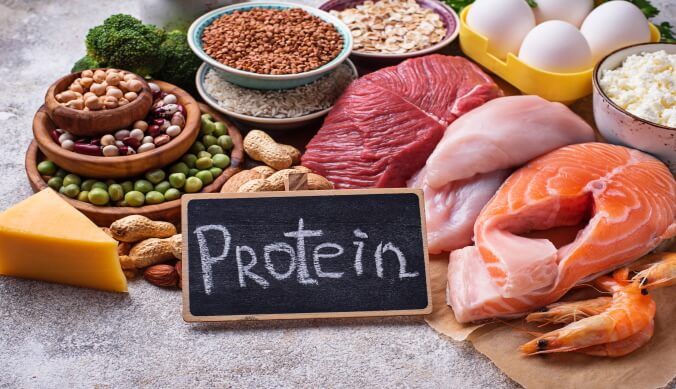
During treatment, proteins to repair cells and tissue is essential to the immune system and other organs. 60 grams of protein per day, or 20 each meal is recommended.
Important sources of protein include:
- Lean meats (fish, chicken, or turkey)
- Eggs
- Nuts
- Soy products (tofu, miso, edamame)
- Beans
- Dairy (milk, cheese, yogurt)
Plants on Your Plate
Fruits and vegetables are some of the most important food groups for a diet during treatment for NSCLC because they contain antioxidants and phytonutrients that prevent damage to cells. Five servings of different fruits and vegetables is recommended.
Go With Whole Grains
Carbohydrates can give a steady stream of energy throughout the day and whole grains are the healthiest. Refined carbohydrates lack the nutrients and fiber as whole grains. Common sources of whole grains are:
- Whole-wheat bread
- Brown rice
- Whole-grain pastas
- Oatmeal
Include Healthy Fats
Certain fats are more beneficial than others. There is an important distinction between desserts and Omega-3 fatty acids from foods such as:
- Olive oil
- Nuts
- Avocado
- Seeds
These fats, along with others reduce inflammation while supporting the brain and nervous system.
Sources:



